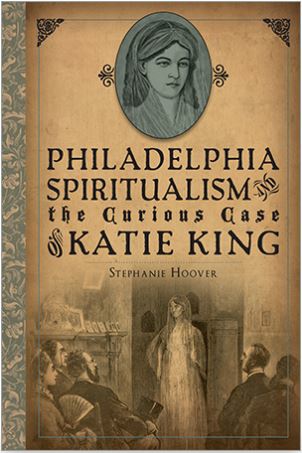Pennsylvania's Orphans' Court
© Stephanie Hoover - All Rights Reserved
Many genealogists write off orphans' court records as something that does not apply to their research. Or, they are put off by the terminology used in the filings - perhaps even by the multitude of the filings themselves. What follows is a brief primer on common orphans' court documents and an essential glossary of applicable terms.
Like most of Pennsylvania's judicial structure, orphans' courts were established in 1683 by the colonial charter. The purpose of orphans' court was (and is) to care for orphans and incapacitated persons, to provide for the guardianship of minors, and to administer the estates of deceased persons.
Upon the father's death, it was common for early courts to appoint a guardian for his children, irrespective of whether or not the mother was still alive. These guardians were often relatives or neighbors and were entrusted to protect the interests of the minors. Petitions for guardianship offer genealogists vital information such as the names of all children and the date of death of the deceased.
Also informative are inventories and appraisements. These papers provide an itemized statement of the deceased's property, along with its description and value. What better way to get to know an ancestor than by reviewing what he owned.
Distribution dockets can be helpful in learning the names of married daughters. These filings record the name of the decedent, heirs and claimants to the estate, and a description of the distributed assets.
Partitions, those actions involving division of real property among heirs, can also aid in the completion of family groups.
Like deeds, most orphans' court records go back to the county's inception. As Pennsylvania's judicial system transformed, so did the duties of this court. In 1885, for instance, orphans' court clerks began issuing marriage licenses, a function still performed today. For a brief period from about 1893 to 1905, the clerk of orphans' court also recorded the counties births and deaths.
The following are terms you will see frequently in orphans' court research:
Administrator - person appointed to collect debts due the estate of a deceased person, to pay debts owed by estate, and to distribute the remainder
Executor - person named by will-maker to see that the will's provisions are carried out
Letters Testamentary - an instrument empowering the executor to administer the estate of the testator
Testator/Testatrix - man/woman who makes a will
Trustee - person who holds property for the benefit of another
Election - document naming a choice or selection
Legacy - gift of personal property by will
~SH


